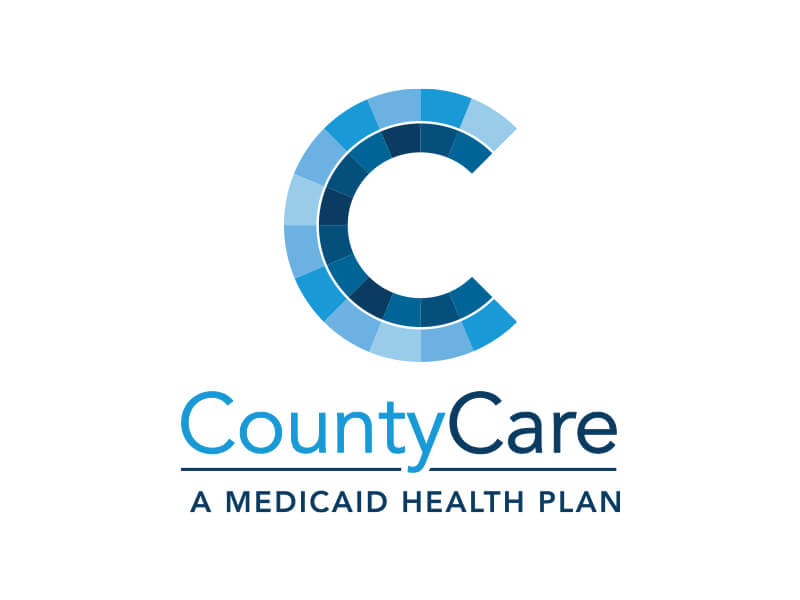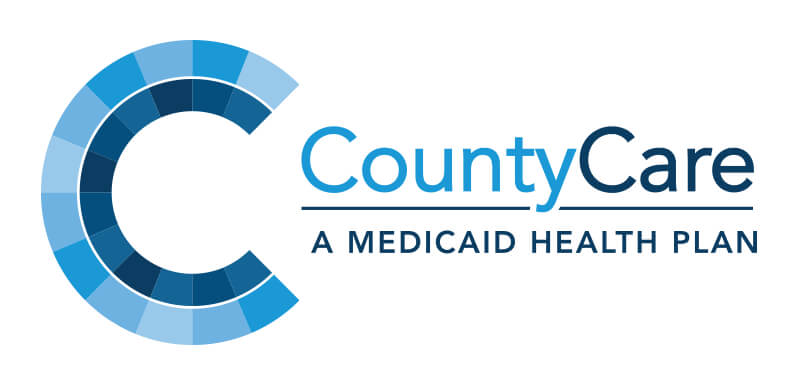Additionally, the training modules are designed to ensure providers serving CountyCare members understand how CountyCare works as well as the requirements associated with being a CountyCare provider. Completion of these trainings is a mandatory requirement for all contracted CountyCare providers.
Provider Training
CountyCare offers training for providers on topics related to the ICP, FHP, and ACA Medicaid programs, as required by the State of Illinois.
Provider Training Resources
Completion of these trainings is a mandatory requirement for all contracted CountyCare providers. This includes, but is not limited to, the following provider types:
- Alcohol and Substance Abuse Provider (SUPR)
- Ambulatory Surgery Center
- Behavioral Health Clinic (BHC)
- Care Coordination and Support Organizations (CCSO)
- Community Mental Health Center (CMHC)
- Durable Medical Equipment (DME)
- Federally Qualified Health Center (FQHC)
- Free Standing Dialysis Center
- Home Health
- Hospice
- Hospitals
- Independent Physician
- Independent Physician Association (IPA)
- Laboratories
- Long Term Services and Supports (LTSS)
- Occupational Therapy
- Physical Therapy
- Radiology/Imaging Centers
- Skilled Nursing Facility (SNF)
- Speech Therapy
- Supportive Living Facility (SLF)
Required Training Modules
NEW Providers
New providers complete an orientation session after contracting and credentialing with CountyCare. Providers may review the module below, or your CountyCare Provider Services Representation may present the session on site.
CountyCare has created this orientation training program to quickly and efficiently onboard new providers. The orientation training covers:
- CountyCare Health Plan Overview and Service Packages
- CountyCare Member Enrollment Processes
- Provider Roles and Responsibilities
- Covered Services and Prior Authorization
- Preventive Health and Education Programs
- Eligibility, Claims, and Balance Billing
- Overview of Available Provider Resources
- Quality Improvement Initiatives
- Care Management Model
- Access-to-care Standards
New and Existing Providers
Completion of the following trainings on an annual basis is a contractual requirement. These trainings can be completed by downloading the presentation materials and submitting an attestation form.
Training Module Critical Incidents – Health Safety Welfare
This important training module is focused on requirements for reporting suspected abuse, neglect, or exploitation. This is not only required by state law but also essential for ensuring the health, safety, and welfare of every patient. In addition to offering definitions and concrete examples of critical incidents, it delivers detailed procedures, tips for successfully reporting incidents, and what to expect as follow up.
After completing training, providers will be able to:
- Identify potential signs of and risk factors for abuse, neglect, and exploitation, as well as potential barriers to disclosure.
- Recognize reportable critical incidents of physical and psychological abuse, neglect, and exploitation.
- Understand who is required to report a critical incident.
- Understand the process for reporting critical incidents internally and to external agencies, as applicable.
- Competently report and document critical incidents in a timely and accurate manner.
- Know where to go if you have additional questions or concerns related to critical incidents.
Training Module Cultural Competency
This module review the diverse values, behaviors, practices, and expectations patients have when accessing health care services and how these differences can affect patients’ interactions with providers, as well as clinical outcomes. The training also helps providers learn to deliver appropriate, understandable, and effective care for everyone, no matter their background.
After completing training, providers will be able to:
- Identify and understand the unique needs and help-seeking behaviors of patients from different cultures, religions, ethnic backgrounds, sexual orientations, ability levels, and generations.
- Design and deliver Culturally and Linguistically Appropriate Services (CLAS) that are tailored to the specific needs of the diverse individuals, children, families, and communities served.
- Employ a services delivery model that recognizes mental health as an integral and inseparable aspect of primary health care.
Training Module Fraud, Waste and Abuse
Preventing, detecting, and reporting fraud, waste, and abuse is the responsibility of everyone who provides health or administrative services for Medicaid beneficiaries. This training course provides CountyCare providers with the important information they need to help improve payment integrity, prevent suspected FWA activities, and comply with all Federal and State regulations.
After completing the training, providers will:
- Understand the definitions of fraud, waste, and abuse.
- Recognize patterns or instances of misconduct.
- Know the laws, regulations, and protections in place regarding FWA.
- Know how to identify and report any suspected fraudulent, wasteful, or abusive claims or services.
Important
Complete your training by submitting the following attestation form:
Questions?
If you have any questions, please reach out to your Provider Relations representative or call Provider Relations at (312) 864-8200.

